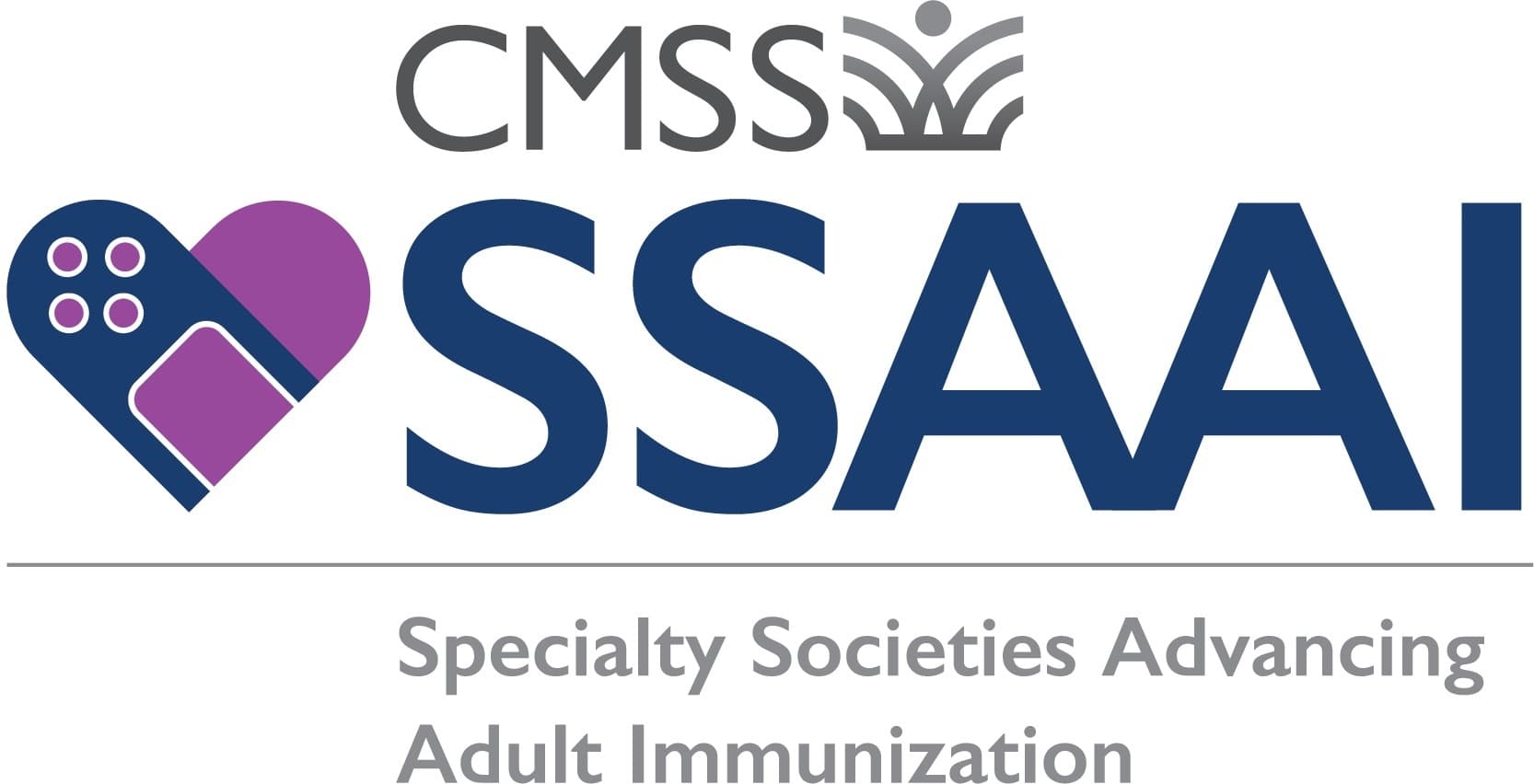People with lung disease are more likely to get seriously ill from respiratory infections, so it is especially important that everyone with a chronic lung disease, such as asthma or COPD, protect their lung health. Here are several ways to protect lung health during respiratory virus season:
Make sure to receive the vaccines recommended by your healthcare provider to protect against illness such as COVID-19, influenza, pneumococcal pneumonia, RSV or other illnesses. The healthcare provider will consider your health history and age.
- These vaccines can help prevent you from getting seriously ill (hospitalization, need to be on a breathing machine) and dying from these illnesses.
- For the vaccines advised by your healthcare provider, ask about when to get them (seasonally or at any time during the year), and how many shots are needed to be fully protected.
- If you have concerns about any recommended vaccines, such as safety, side effects, costs, or scheduling, talk to a member of your healthcare team who you trust. To learn more about vaccines, visit the ATS Vaccine Resource Center.
Follow Your Treatment Plan
- Use all of your medicines as directed by your healthcare provider, including inhaled medicines or pills.
- If you smoke or vape, stop now. These are risk factors for getting sicker with respiratory viruses. Your healthcare provider can prescribe medications or recommend programs to help you quit.
- Use your treatments and equipment as prescribed (oxygen therapy, nebulizer, CPAP) and keep them clean and in good order.
- Make sure that you have 90-day supplies of medications if allowed by your insurance so that you have all that you need.
- Be in touch with your healthcare provider, pharmacy, and insurance company, if you don’t have what you need.
- If you have one, refer to your written or electronic disease action plan, which can help you make day-to-day management decisions.
Take Measures to Avoid Getting Sick
- Wash your hands often and properly, by washing with soap and water for 20 seconds; use alcohol-based sanitizer (60% alcohol) if soap and water are unavailable.
- Stay away from people who are sick.
- Gather in well-ventilated spaces or outdoors, especially when respiratory viruses are circulating. Consider wearing a high-quality mask (N95, KN95, or KF94) as recommended by your healthcare provider if you are out in a crowded area or around people who may be ill.
- Encourage family members who have symptoms (fever, cough, runny nose, etc.) to get tested for COVID-19, wear a mask and isolate themselves as recommended.
- Practice self-care, including getting enough sleep, managing excess stress, quitting smoking, and eating a nutritious diet.
Call Your Healthcare Provider if You Have Any Concerning Symptoms, Such as:
- A high fever
- A cough that’s unusual for you
- Unusual shortness of breath or difficulty breathing
- Loss of smell/taste
- Other symptoms that are out of the ordinary
- Many of these symptoms can be seen with other infections, including flu. It is important to get tested (with a home kit or at testing site) if you suspect you have COVID-19 or the flu because there are treatments, but they need to be started early in the course of the infection. You may need treatment with medicines that work best in the first few days of illness.
Seek Prompt Medical Attention if:
- You have severe shortness of breath, chest pain, confusion, or other symptoms that could be a medical emergency.
Be Aware of Symptoms of Long-COVID
- If you have had COVID-19 infection in the past and your health condition continues to remain worse for more than 3 months when compared to before your COVID illness, you may have a condition called “Long-COVID”. Please call your healthcare provider and ask to be evaluated.
Author: Marianna Sockrider, MD, DrPH
Reviewers: Kimberly Fischer, MD, Tina Hartert MD, MPH, Justin Ortiz, MD, MS, Sairam Parthasarathy, MD
Additional Resources
American Thoracic Society (ATS)
- What is influenza?
- What is RSV
- What are pneumococcal vaccines
- How vaccines work
American Lung Association (ALA)
Centers for Disease Control (CDC)
National Foundation for Infectious Disease
Online version adapted and updated August 2024
© 2024 American Thoracic Society. All rights reserved. www.thoracic.org

This ATS Patient Information Series fact sheet is supported by the Centers for Disease Control and Prevention (CDC) of the U.S. Department of Health and Human Services (HHS) as part of a financial assistance award to the Council of Medical Specialty Societies (CMSS) with 100 percent funded by CDC/HHS. The contents are those of the authors and do not necessarily represent the official views of nor endorsement, by CDC/HHS or the U.S. Government.